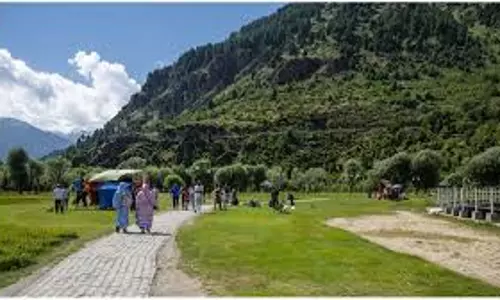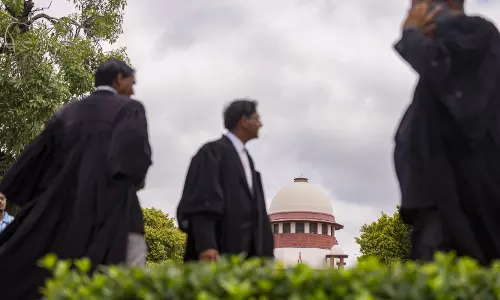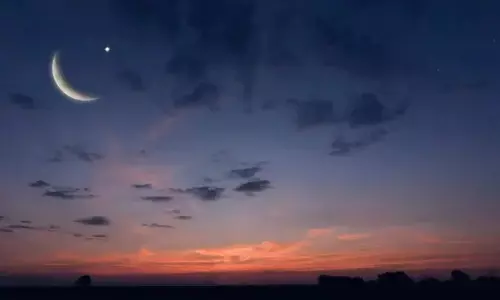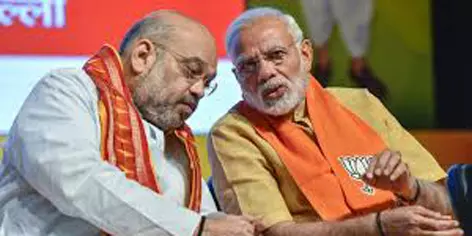
Extremism is the natural result of denial of justice
text_fieldsThe three-day meeting of DGPs and AGs, convened by the Ministry of Home Affairs, heard intelligence officials reporting that extremism among Muslim youth poses a major challenge to the national security, media including PTI revealed yesterday. The gravity of this meeting is obvious from the fact that Prime Minister Modi, who shows up rarely in Parliament, took 10 hours off to attend it. Home Minister Amit Shah, National Security Advisor Ajit Doval and around 350 top police officers were also in attendance. The meeting was told about many extremist Muslim outfits active in India, who interpret Islamic thoughts and holy books with extremist ideas. Their indoctrination, reportedly, is against modern values like democracy and secularism, alongside organized works inculcating extremism among Muslim youth. They are blamed to be poisoning Muslim minds, while pushing them towards violence undermining the mixed culture. Intelligence reports linked reasons for the growth of religious fundamentalism and extremism to false religious teachings, easy propaganda through the Internet, and Gulf money. The banned outfits including SIMI, PFI, Wahdat-e-Islami and Al Umma are counted among those which promote extremism. A proposal to use moderate Muslim leaders and scholars to defend these ideas was made at the meeting.
Terrorism, religious fundamentalism, and extremism have been recklessly blamed on Muslim organisations and Islamic movements worldwide, especially since the September 11, 2001 terrorist attacks on the World Trade Center in the United States. Subsequently, many countries have banned several of these organisations; many governments have enacted anti-terror laws in the name of suppressing them. There are cases of confiscation or freezing of funds for charitable organizations involved in public service and humanitarian aid. Nevertheless terrorism has not been precisely defined to date, the governments label groups with terrorism at their will. This naturally results in punishing the innocent along with the guilty. In our country, some individuals and outfits among about 20 crore Muslims are accused of terrorism before banning them. Subsequently, leaders and suspected workers of these outfits are jailed indefinitely. Nothing can stop them from languishing in prisons for years without trial or confiscattion of their assets, because draconian laws like UAPA are made to serve that purpose.
Unfortunately, the role of insecurity in fostering extremist thoughts and sentiments among the youth is not addressed by the government or the judiciary. Extremism, terrorism and radicalist thinking are not in any way part of true religious teachings. It is beyond doubt that Islam in particular does not allow it even a wee bit. Even non-Muslim thinkers and scholars presented Islam as a vision for a life of peace, tolerance and brotherhood. It cannot be said that there are no Muslim youth who have not received direct knowledge and training based on this. Honestly speaking, the impatience, short-sightedness and idiocy of some are causing trouble to the community as a whole. Wise people will only ask for making awareness campaign urgent and optimum identifying the problem. At the same time, the question that needs answer is to what extent the Hindutva regime today provides the freedoms and fundamental rights granted by the secular democratic constitution to the Muslim religious minorities. Are those who reject secularism and democracy only a few Muslim organisations, or the forces that dominate India? How can those who strive to influence even the judiciary with ultra-Hindu ideas treat all sections of people equally? It should be acknowledged that denial of justice beyond anything else gives way to extreme reactions and thoughts. While communal polarization tricks are being woven in the run up to the 2004 Lok Sabha polls, remember the country has already seen many such exercises bringing together a few dishonest people.






















